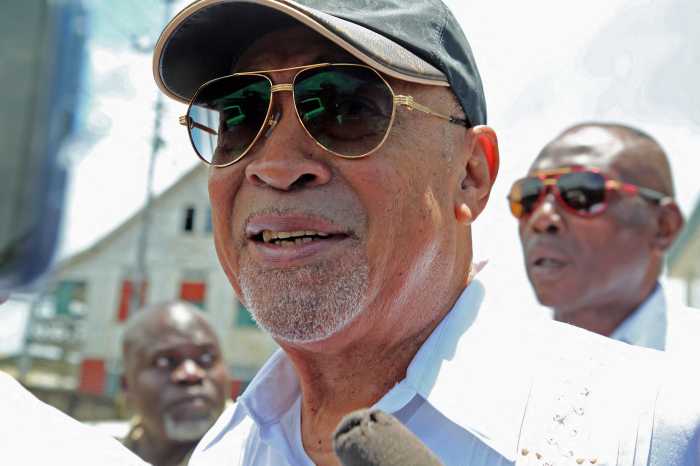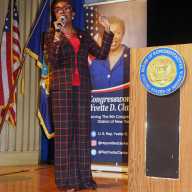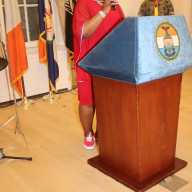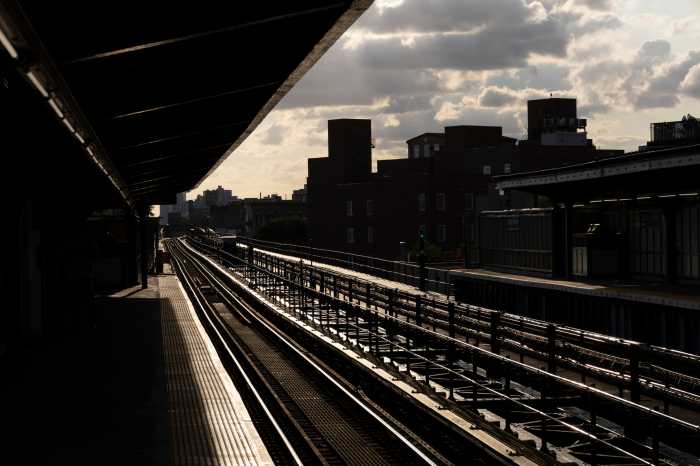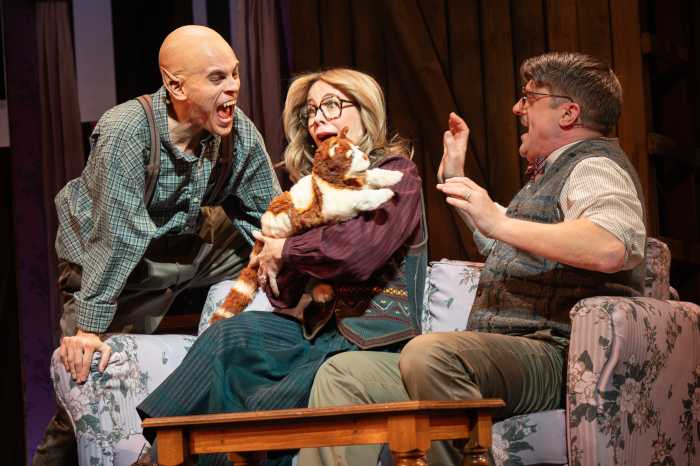Caribbean Community governments have for the past decade been pressing former European slave trading nations to both apologize for the brutal trans Atlantic slavery system and to compensate the Caribbean for the centuries of genocide they committed on the region and its descendants.
Governments have already hired a British law firm to pursue and prosecute their case, have asked for a formal summit with Europe and the umbrella Caribbean Reparations Commission (CRC) is compiling research on the effects of slavery on the region including data on the health of its population, chronic diseases like hypertension and diabetes in particular.
In recent days, a Dutch parliamentary delegation decided not to wait on any summit between the two regions visiting Suriname to see for themselves the effects of the slave trade, the role of The Dutch and how The Netherlands should approach demands for an apology and reparations going forward.
Scheduled to fly out on similar missions to Dutch protectorates including Curacao, St. Maarten and Bonaire among others at mid week, the team visited several colonial era facilities linked to slavery including places where slaves were cruelly beaten, beheaded and otherwise subjected to dehumanizing treatment while working without compensation.
Local media reports that the delegation is tasked with advising The Dutch cabinet whether it should seriously consider a formal apology for slavery as well as cogitating on the issue of reparations for slavery.
They have already met with President Chan Santokhi and Foreign Minister Albert Ramdin among other top officials.
“We now have to look ahead. We have to see what is needed now for Suriname and the inhabitants,” said leader Kiki Hagen. It is important what is going on about the slavery past in Suriname.
The local and the umbrella Caribbean Reparations Commission (CRC) have long demanded that nations including England, France, Spain, the Dutch, Portugal and others be made to pay billions in compensation to the region for slavery given the fact that the English, for example, had had the political gall to compensate slave owners for the loss of their human property.
The CRC also argues that many western institutions including well-funded commercial banks such as Barclays and universities including those in America had built their wealth on the backs of free labor of African slaves and should be made to pay in the billions.
Speaking to reporters late Monday, Ramdin said “when we talk about the colonial past, we have to think much broader. The effects are much more profound than people think. All principles of dignity and human rights have been violated. There is still a long way to go about this.”
Meanwhile, Johan Roozer, chair of the National Committee for the Remembrance of Slavery, said the visit was timely. “It is a very serious matter for the future generations, for the descendants of the enslaved. We must translate that into actions to sustainably promote well-being and prosperity among the descendants of the enslaved. It is important to us that if the Netherlands opts for reparations, we would opt for research and sustainable projects to strengthen the future generation. How much depends on the extent to which the Netherlands recognizes that the slavery past has an impact on today’s society. We can state that very concretely and we will do so,” he told reporters.
Dutch Prime Minister Mark Rutte is scheduled to visit the Caribbean Community nation of about 500,000 people in September, returning a state visit by President Chan Santokhi earlier this year. The issue is on the agenda for discussion, officials say.
But even as pro reparation groups say they are encouraged by the visit and these initial baby steps to deal with atonement, local author and academic Armand Zunder says that there is still fierce opposition to reparations and apologies in The Netherlands.
“On the one hand, in the delegation you have members of the Christian Democratic Appeal (CDA) and the People’s Party for Freedom and Democracy (VVD), who have difficulty offering apologies and are not at all oriented towards repairs or restoration. And on the other side SP (Socialist Party), Green Left, D66, Denk and Party of Labor. And they are in principle in favor of recognizing the slavery past and offering apologies. They have not yet commented on recovery, he told the leading De Ware Tijd newspaper. “These apologies must be offered here in Suriname and by the highest authority: the king or the prime minister of the Netherlands.”


